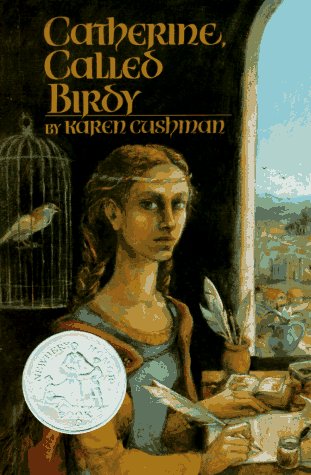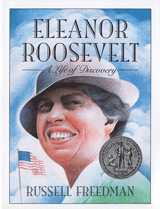Writer's Workshop
Table of Contents
Home
Alternative Energy Persuasive Essay
Ancient Civilizations Thematic Essay Unit
Catherine Called Birdy by Karen Cushman
"Charles" by Shirley Jackson Short Story
History of the English Language
NYS English Language Arts Exams Review
SHEroes Memorable Women in History
[Organizing the English Notebook] [Writer's Notebook] [Word Study] [FCAs] [6+1Traits of Writing] [Student Handouts] [Teacher Resources]
Introduction

Welcome to the English Writer's Workshop. It is here that you will learn to love the art of writing and painting many wonderful pictures using words. Below are some of the important characteristics that help to make our writer's workshop successful.
Organizing the English Notebook

Cover of the 3-Ring Binder
Name (first, last)
Homeroom number
English
Decorate to fit your personality
5-Tab Sections Inside the Binder
Writer's Notebook
Word Study
Class Notes
Quizzes/Tests
Portfolio
Project Folder
Label the cover: Name, Homeroom number, and English
Hole punch and put in the back of the 3-ring binder
Writing Utensils
Blue or black pens
Red Pen (variety colored pens are optional)
Pencils
Highlighters
(Ralph Fletcher & JoAnn Portalupi)

The Writer's Notebook is one of the sections in the English 3-ring binder. This section is used to collect ideas for writing, rough drafts, and editing practice. This section is used nearly every day in the classroom.
Student Handouts
Lined Paper (SS)
Lined Paper (1.5 spacing)
Word study is another section in the English notebook. Good writers use many words. The more words you know the more interesting your writing becomes. Word study consists of concepts such as spelling rules, vocabulary, and studying Greek and Latin root words. Students practice using these words in their writer's notebook.
Student Handouts
Word Study Organizer
Web Sites Resources
World Book (password needed)
Visual Thesaurus (password needed)

It is important that students feel comfortable sharing what they write. Good writers share good ideas and focus on areas of improvement. Examples of focus correction areas (FCAs) are: narrowing ideas, organizing paragraphs, and capitalization of proper nouns. Usually there are three FCAs for each writing assignment, however, when we work with rough drafts for major writing projects, the FCAs may change with each revision.

There are 6 + 1 traits of good writing: ideas, voice, organization, word choice, sentence fluency, and presentation. Focusing on these traits when writing will help students become better writers.
Coming Soon
![]()
![]()
Please contact me if you have any questions or technical troubles:














